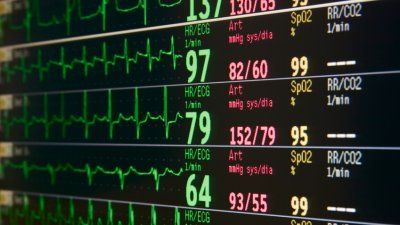Follow-Up Prevents Repeat Emergency Department Visits for Kids with Asthma
Follow-up care after an asthma-related visit to the emergency department may help prevent future emergency visits for children, a new study led by UCSF researchers found.
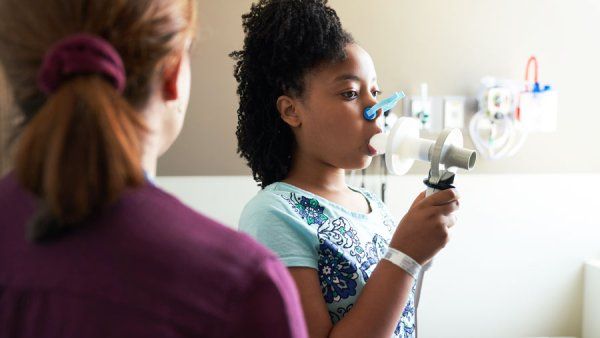
University of California San Francisco
Follow-up care after an asthma-related visit to the emergency department may help prevent future emergency visits for children, a new study led by UCSF researchers found.

Cardiology experts from UCSF Health will present new research and clinical findings at the American College of Cardiology’s (ACC) Annual Scientific Session & Expo in Washington, DC, April 2 to 4, 2022.
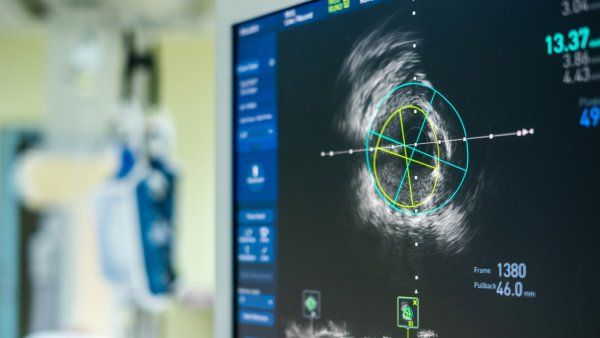
UC San Francisco’s graduate programs received top ratings in this year’s U.S. News rankings of best graduate and professional schools.
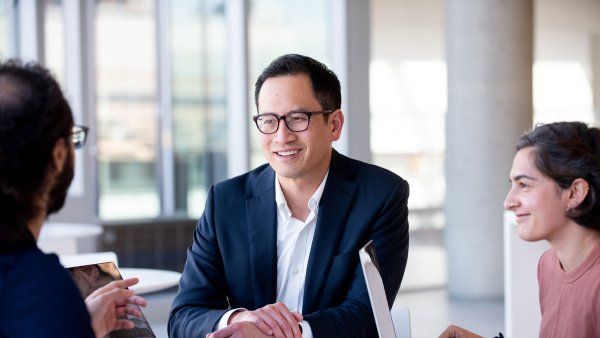
UCSF’s Division of Hematology-Oncology is welcoming Krishna Komanduri, MD, as division chief of Hematology-Oncology at UCSF Health. Komanduri is an international leader in the fields of hematology-oncology, transplantation, and cellular immunotherapy. He will start at UCSF on July 1.
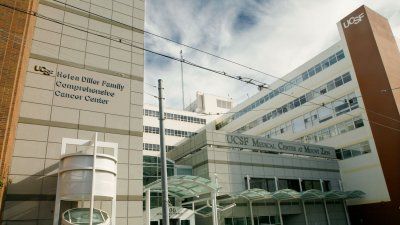
Daytime napping among older people is a normal part of aging – but it may also foreshadow Alzheimer’s disease and other dementias.

Not everyone needs 8 hours of sleep, say UCSF researchers. Some lucky people are “elite sleepers,” packing sleep’s benefits into 4 to 6 hours a night. Their genes may hold clues to how efficient sleep can fend off dementia.
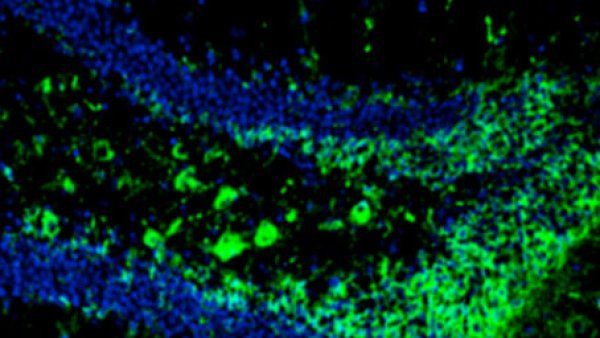
A first-of-its-kind study showed that a prenatal mindfulness program linked to healthier stress response in babies as well as less depression and better glucose tolerance in mothers.

More than twice as many people experiencing homelessness in San Francisco died during the first year of the COVID-19 pandemic compared to previous years, with the leading cause of death being drug overdose. No deaths were attributed to the virus itself.
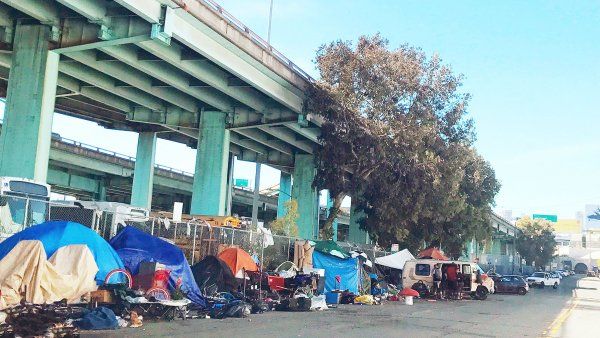
55% of seniors with dementia take more than six medications even though most have good health. However, a UCSF study showed that 87% are willing to cut down if their doctors agree.
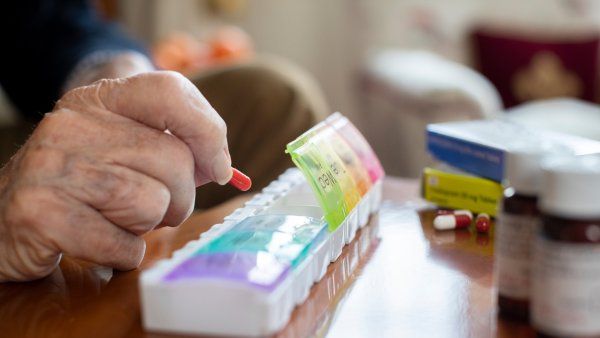
UCSF researchers successfully leveraged an FDA-approved drug to halt growth of tumors driven by mutations in the RAS gene, which are famously difficult to treat and account for about one in four cancer deaths.
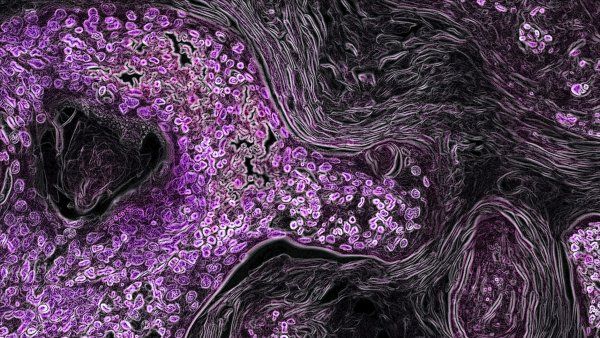
Using AI in ECG analysis improves diagnosis, treatment and monitoring of hypertrophic cardiomyopathy, a leading cause of sudden death in adolescents.
